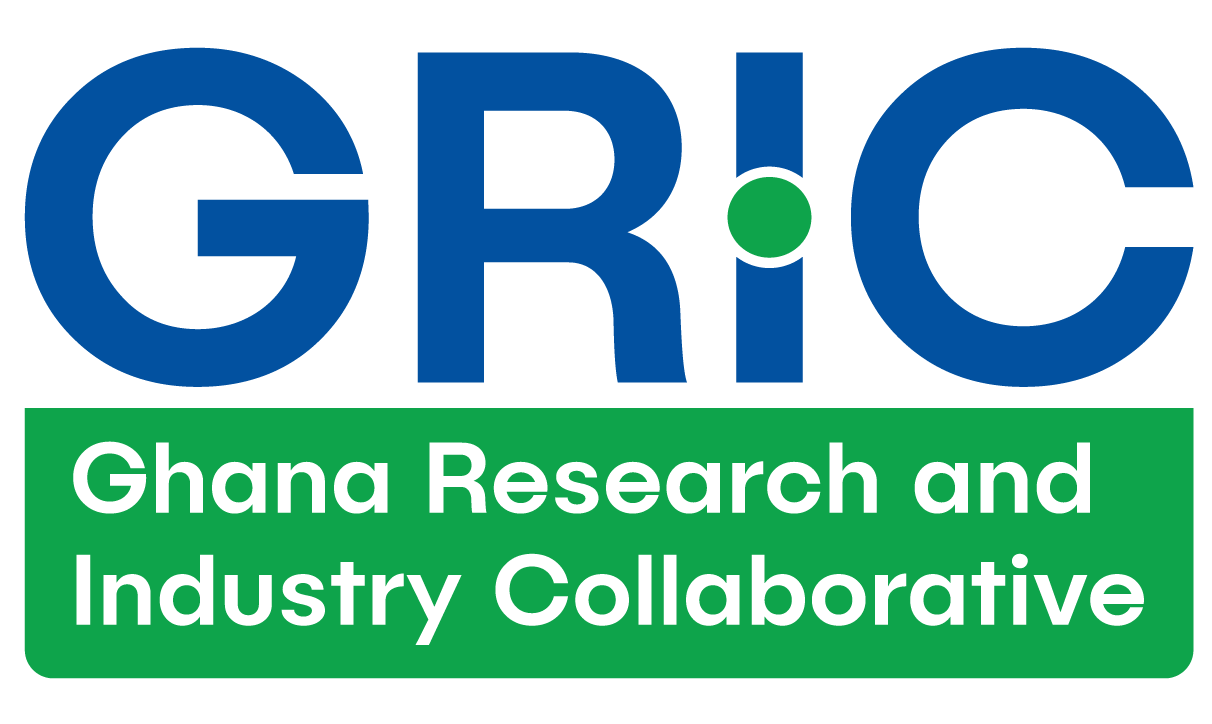Pyrolysis of Municipal Food Waste: A Sustainable Potential Approach for Solid Food Waste Management and Organic Crop Fertilizer Production
Authors: Patrick Boakye, Miriam Beneireh Nuagah, Sampson Oduro-Kwarteng, Eugene Appiah-Effah, Jolly Kanjua, Anthony Boakye Antwi, Lawrence Darkwah, Kwame Sarkodie & Yen Adams Sokama-Neuyam
Abstract:
This research explores the conversion of municipal food waste into biochar, a nutrient-rich organic soil amendment using pyrolysis at varying temperatures (300°C, 450°C, and 600°C). The study demonstrates that biochar produced at moderate temperatures enhances soil quality, supports plant growth, and reduces reliance on chemical fertilizers. The findings show that biochar retains essential nutrients such as nitrogen, calcium, and potassium, making it an eco-friendly organic fertilizer. Additionally, this approach provides an effective waste management solution, reducing greenhouse gas emissions and landfill waste.
Gap addressed:
This research addresses the challenge of food waste disposal while providing a sustainable alternative to chemical fertilizers. It presents a circular economy approach that turns waste into a valuable agricultural resource.
Sector/Industry focus:
● Agriculture: Farmers and agribusinesses can use biochar as an eco-friendly soil amendment to boost crop productivity.
● Waste Management: Municipal waste management agencies can integrate pyrolysis into food waste recycling programs.
● Sustainability & Climate Action: Organizations focused on carbon sequestration and sustainable agriculture can adopt this technology.
Potential uptake or practical application:
● Agricultural Adoption: Farmers can replace or supplement chemical fertilizers with biochar to enhance soil fertility.
● Commercialization Opportunities: Waste management companies can commercialize biochar production from food waste.
● Policy & Sustainability Programs: Government and environmental agencies can use this model for sustainable urban waste management programs.
Key recommendations:
● Promote Biochar Use: Promote the adoption of biochar as a sustainable soil amendment and fertilizer.
● Scale-Up Technology: Scale up pyrolysis technology for municipal and commercial food waste management.
● Optimize Biochar Properties: Conduct further research on optimizing biochar properties for different soil types.
● Public-Private Collaboration: Establish public-private partnerships to commercialize biochar production for large-scale agricultural use.
● Policy Development: Develop policies to integrate biochar into national agricultural and waste management programs.
